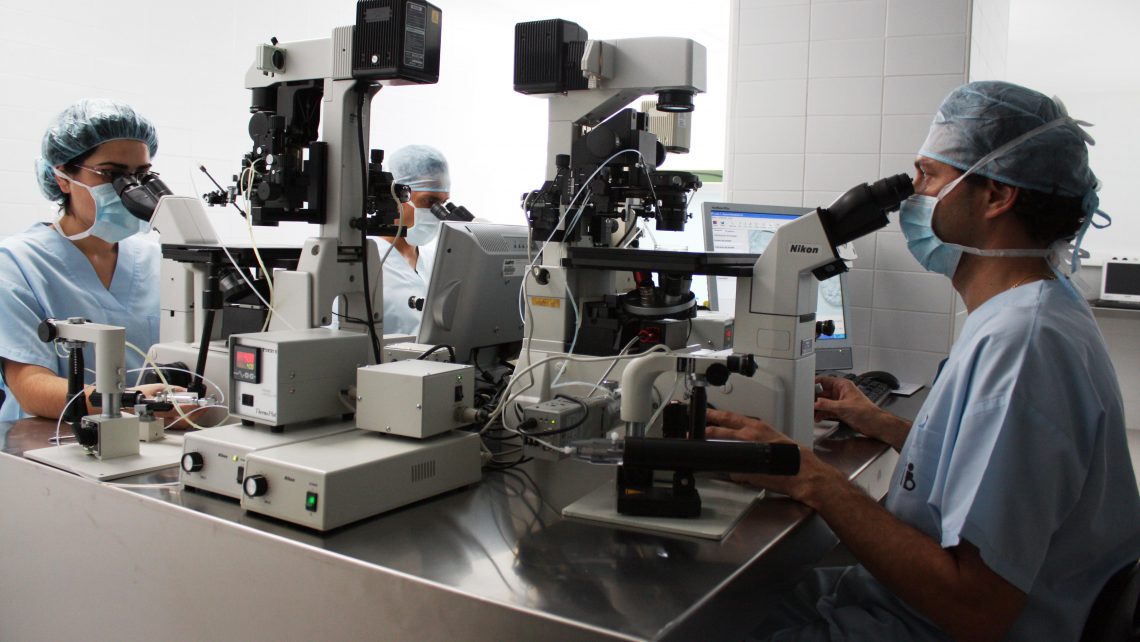
Can we have a healthy child if we have hepatitis?
Hepatitis is severe or chronic inflammation of the liver.
There are several possible causes including infections (viral, bacterial or parasitic).
The most common cause is a viral infection and, within these, hepatitis B (HBV) and hepatitis C (HCV) viruses are of particular relevance. It is possible to get infected as a result of contact in blood and contaminated objects (unsterilised surgical material, syringes or needles), due to sexual transmission through mucous membranes and so-called vertical transmission (transmission from mother to child, particularly during childbirth). The chances of this type of transmission are the same in both vaginal and caesarean births.
In cases caused by the consumption of toxic substances, the solution clearly lies in giving up the habit before attempting to get pregnant or, alternatively, as soon as the woman has found out that she is pregnant.
In any case, the appropriateness and safety of the potential pregnancy should be assessed by a specialist doctor (digestive system). It should be pointed out that the general health of the mother has an impact on the prognosis of complications during pregnancy and should the hepatitis be the result of an infection, transmission of the infection to the foetus must be avoided.
For this reason, we request a series of blood analyses including those that detect a possible presence of HBV and HCV in starter analyses for patients due to undergo fertility treatment. This is a legal requirement before embarking on assisted reproduction treatment.
The reason for this is that these viruses can be transmitted between partners and if the female partner is infected she can pass the infection on to the foetus.
The risk of transmission during regular sexual intercourse is 25% in the case of HBV and 30% in the case of HCV in couples where a partner has the infection. There is up to a 90% risk for the newborn child if the mother has an active B virus infection. This is more variable in the case of hepatitis C but not as high as in the case of the B virus. However, there is no HCV vaccine.
Should one partner have a HBV infection, the other partner should be vaccinated before trying to get pregnant, whether this be a naturally-conceived pregnancy or a pregnancy following fertility treatment.
If the mother has an active HBV infection during the pregnancy, the hepatitis B course of vaccinations is administered following the Spanish National Health System’s regulations in order to minimise contagion of the newborn child. As well as protecting the child following birth, it also means that the mother can breastfeed without the risk of infection. There is no available vaccine in the case of hepatitis C and, whilst the presence of viral particles in breast milk has been proven, the mother can breastfeed.
Neither infections necessarily affect neither the quality of men’s semen nor women’s ovarian reserve. There is no evidence to suggest that they increase the number of pregnancy losses nor malformations in the foetus.
If the male partner is a carrier, a seminal lavage is carried out. This is a laboratory procedure that separates the viral particles from the spermatozoa involved in assisted reproduction treatment, thus minimising the risk of contagion.
Dr Lydia Luque, gynaecologist at Instituto Bernabeu
